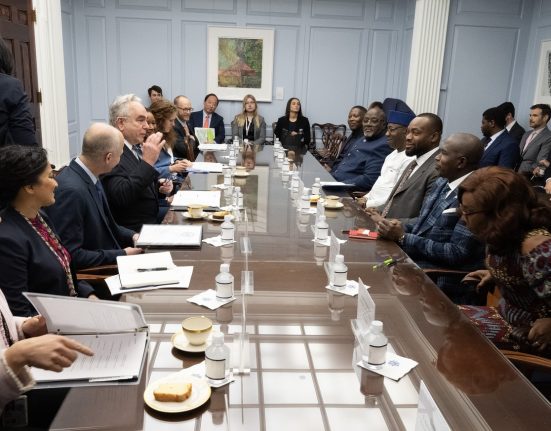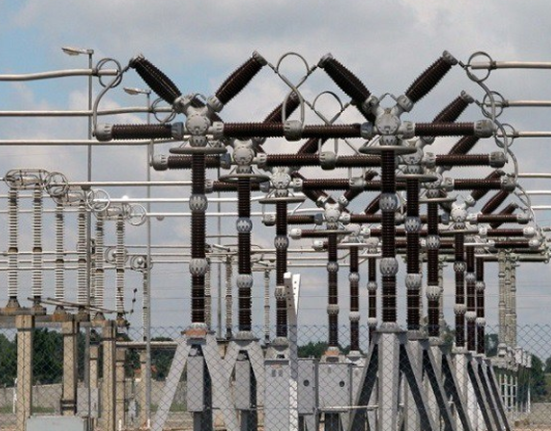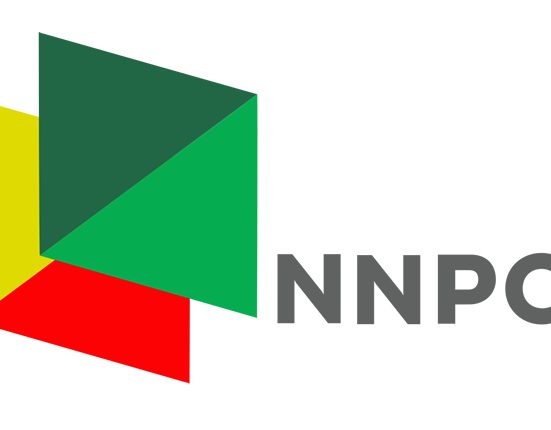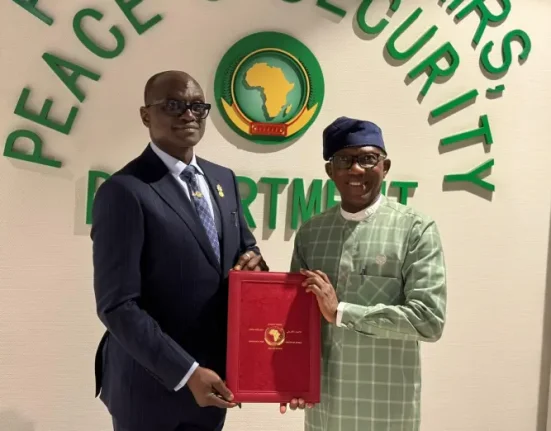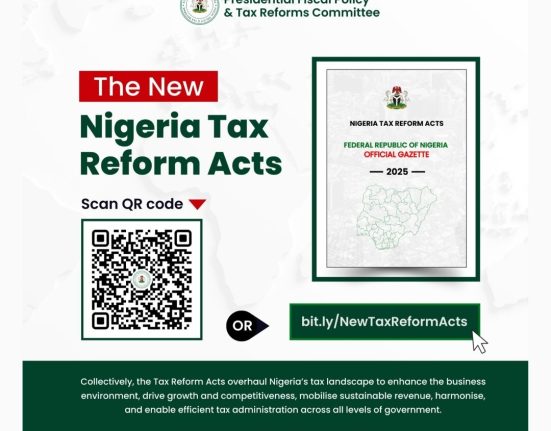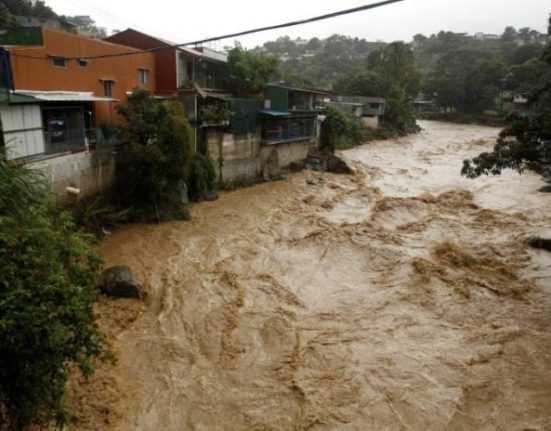Abuja, July 1, 2025 — Nigeria’s Federal Government has issued a stern warning to the United States over reports that Washington may expand its visa restrictions to include up to 36 West African countries, including Nigeria. In a move interpreted as retaliation, Abuja has threatened to sanction access to its critical rare earth minerals—materials deemed essential for U.S. technological and defence industries.
According to statements made by Nigeria’s Foreign Ministry and highlighted by Foreign Minister Yusuf Tuggar, the expansion of U.S. entry bans would “severely undermine economic cooperation and strategic partnership.” Nigeria holds among the world’s largest untapped deposits of rare earths—used in electric vehicles, semiconductors, and missile defence systems—and the government has hinted that access to these resources could be restricted if the visa ban proceeds .
Officials have described the U.S. action as “counterproductive,” particularly as Nigeria and other West African countries are negotiating agreements on energy, clean technology, and security collaboration. “We remind our partners that sanctions often backfire, especially when they target shared strategic interests,” the statement read .
This diplomatic stand-off reflects heightened tensions in U.S.–Africa relations. The tour of visa bans, following similar policies under previous administrations, is being viewed by many in Nigeria and across the region as politically motivated and damaging to both economic development and strategic collaboration. As leverage, Nigeria’s threat over rare earth minerals—a sector poised for explosive growth—marks a new and assertive stage in its foreign policy.


